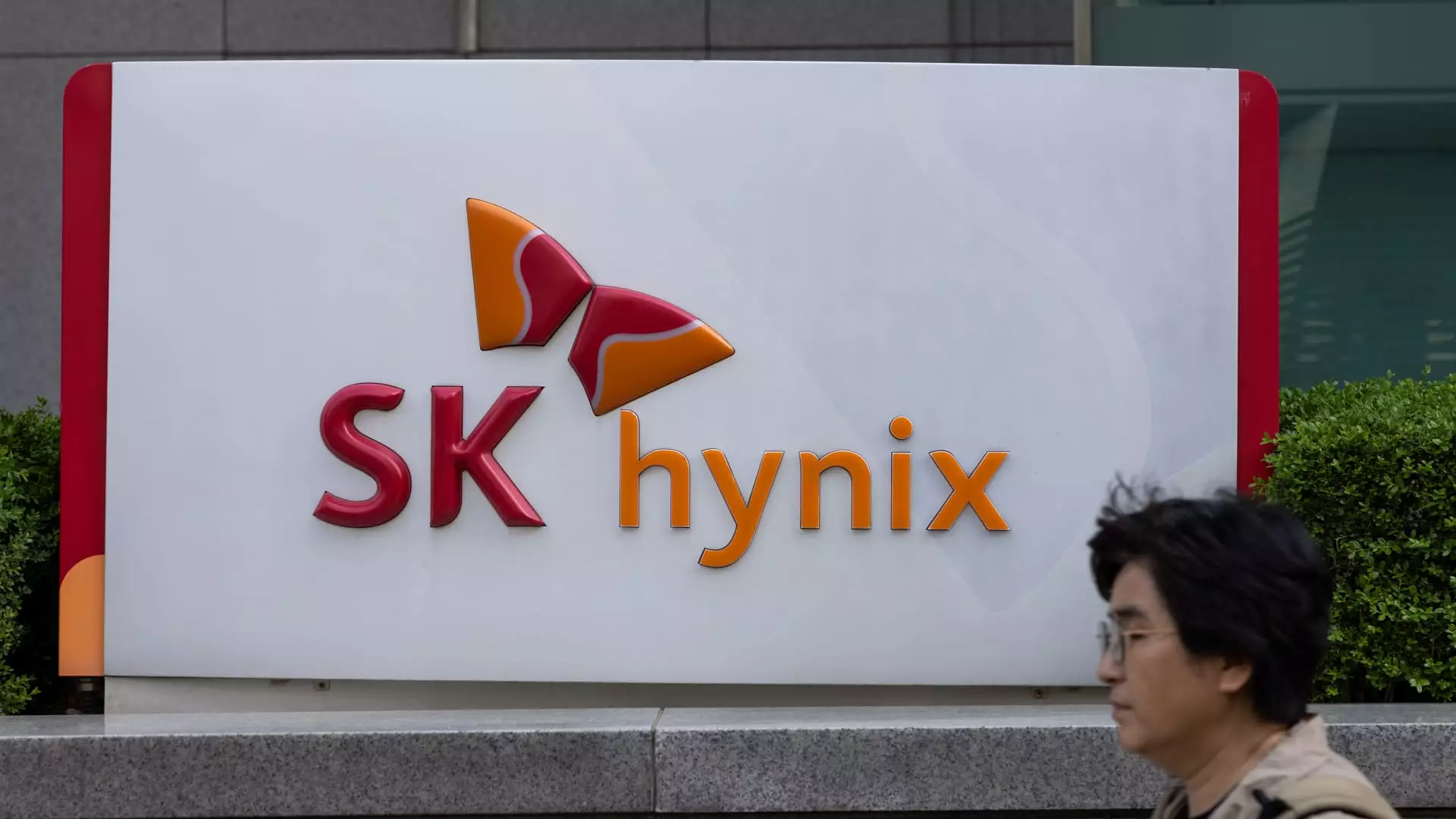South Korean memory chipmaker SK Hynix recently reported a significant net profit of 1.92 trillion South Korean won ($1.39 billion) in the first quarter, marking a notable turnaround from a loss of 2.58 trillion won in the same period a year ago. This positive income comes after a challenging period of five consecutive quarters of net losses due to a slump in the memory chip market. The revenue for the first quarter also saw a remarkable increase of 144% from a year ago, totaling 12.43 trillion won.
SK Hynix attributed its strong performance to an increase in sales of AI server products, supported by its leadership in AI memory technology, including high-bandwidth memory. The growing demand for AI chipsets, fueled by the rise of large language models like ChatGPT, has significantly contributed to the success of companies like SK Hynix. These high-performance memory chips are crucial for AI models to retain information from past interactions and user preferences, enabling them to generate more human-like responses.
To meet the increasing demand for AI memory, SK Hynix has outlined plans to ramp up the supply of HBM3E, the latest generation of high-bandwidth memory. Additionally, the company aims to introduce 32GB Double Data Rate 5 products to strengthen its position in the high-capacity server DRAM market. By focusing on providing industry-leading products and maintaining a profitability-first approach, SK Hynix is committed to enhancing its financial performance in the future.
Looking ahead, SK Hynix anticipates steady growth in the overall memory market, driven by the rising demand for AI memory. The company also expects the conventional DRAM market to start recovering from the second half of 2024. However, macroeconomic uncertainties such as inflation have led to fluctuations in consumer demand for electronics, impacting the prices and demand for memory chips. In response, companies like SK Hynix have adjusted production levels to address excess inventories and maintain market stability.
In line with its growth strategy, SK Hynix has announced plans to build a new fab in South Korea, scheduled for completion by November 2025. This facility will focus on increasing production of next-generation DRAM, including HBM, to meet the growing demand for AI chips. The company is also collaborating with TSMC to develop high-bandwidth memory 4 chips and next-generation packaging technology, with mass production of HBM4 chips expected to commence in 2026. By leveraging TSMC’s advanced processes, SK Hynix aims to stay at the forefront of innovation in the memory chip industry.
Overall, SK Hynix’s journey from consecutive losses to substantial profits reflects its resilience and adaptability in a rapidly evolving market. With a focus on cutting-edge technology and strategic partnerships, the company is poised to capitalize on the growing demand for AI memory and solidify its position as a key player in the semiconductor industry.


Leave a Reply